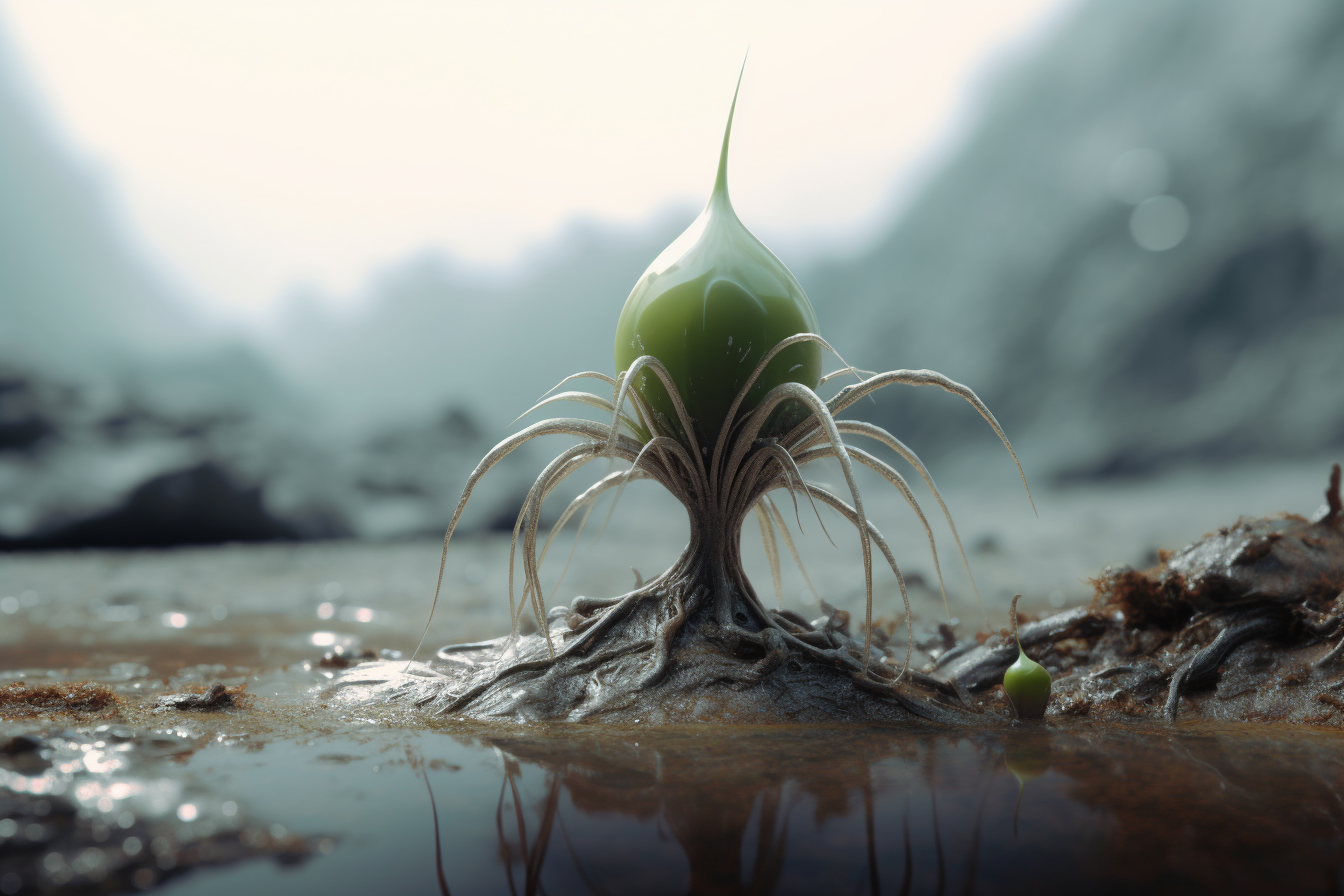Francis Crick on Directed Panspermia
June 10, 2023

Francis Crick, one of the co-discoverers of DNA, was surprisingly skeptical of the idea it spontaneously emerged on Earth:
Indeed, it is quite remarkable that such a mechanism exists at all and even more remarkable that every living cell, whether animal, plant or microbial, contains a version of it.
Life Itself, Francis Crick
In 1972, he wrote co-wrote a paper called Directed Panspermia. Panspermia is a well known theory in biology circles, but "directed" is an interesting choice of words. In the paper, he describes a speculative theory that life may have been incepted by an extraterrestrial intelligence. He highlights two conspicuous details about the mechanisms of life on Earth:
The chemical composition of living organisms must reflect to some extent the composition of the environment in which they evolved. Thus the presence in living organisms of elements that are extremely rare on Earth might indicate that life is extraterrestrial in origin. Molybdenum is an essential trace element that plays an important role in many enzymatic reactions, while chromium and nickel are relatively unimportant in biochemistry. The abundance of chromium, nickel, and molybdenum on the Earth are 0.20, 3.16, and 0.02% respectively.
Crick suggests that if life evolved from simpler processes utilizing the chemicals that existed on a prebiotic Earth, we would expect a correlation between the presence of a chemical and how often it's used in biological processes. Molybdenum has an unusually important function in biology for a chemical that is rare on Earth, from which we might reason that life evolved somewhere that was more molybdenum-rich and made its way here.
Our second example is the genetic code. Several orthodox explanations of the universality of the genetic code can be suggested, but none is generally accepted to be completely convincing. It is a little surprising that organisms with somewhat different codes do not coexist. The uni- versality of the code follows naturally from an “infective” theory of the origins of life. Life on Earth would represent a clone derived from a single extraterrestrial organism.
If the genetic code evolved on Earth, we would expect to see the earlier or alternative versions of it. It's far too complex to have emerged spontaneously in its current from, but then where are the earlier, simpler versions of the genetic code? All life -- every animal, plant, microbe -- uses the exact same genetic alphabet to describe genes. We should not expect this from a system that evolved, but we would if life was seeded here from an external source.
© 2024 strange universe